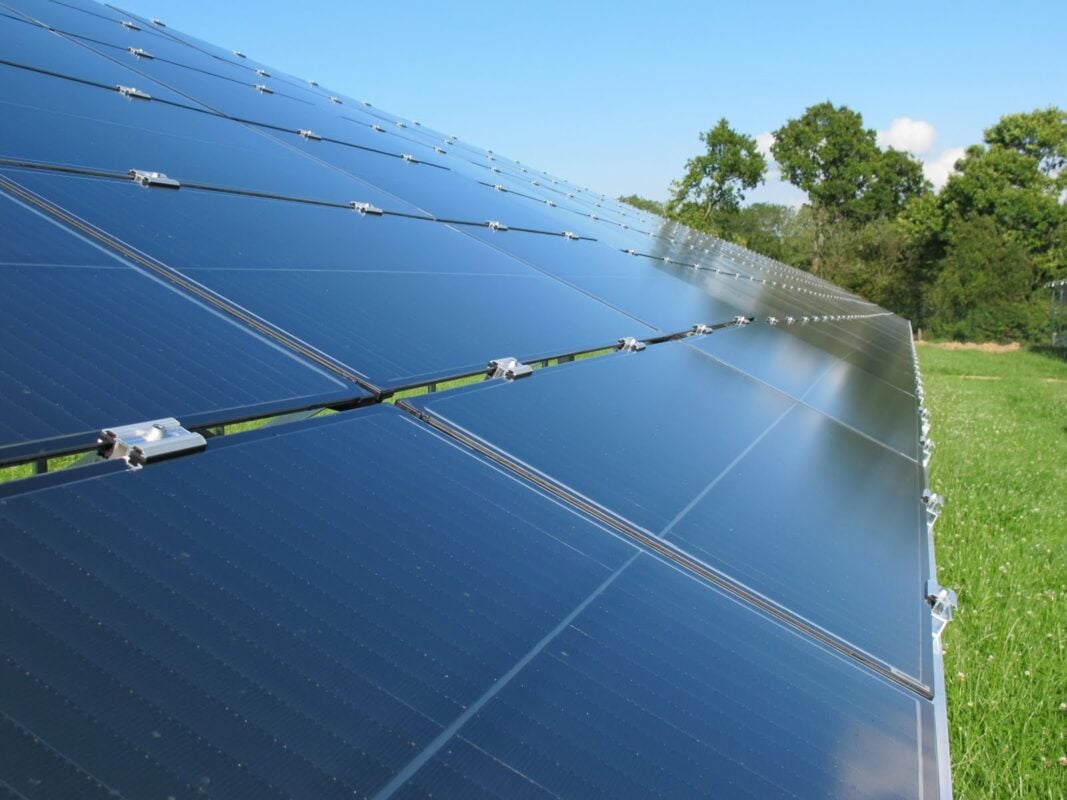
Image: Timera Energy.
A report assessing the barriers to renewable energy deployment in Wales has called on the Welsh Assembly to lobby the UK government to devolve power over future subsidies from consumer energy bills.
The Institute of Welsh Affairs (IWA) says the Welsh government, non-governmental organisations and other parties should strongly explore the need to devolve a range of powers over renewable energy subsidy setting to Wales.
It states uncertainty caused by recent cuts to central government support, as well as delays in determining the future of the Levy Control Framework (LCF), have contributed to a lack of finance directed towards low carbon projects in Wales.
Alternatively, IWA says Wales should explore powers to executively devolve one of the schemes included within the LCF, as options for driving renewable energy deployment while pushing for certainty over its future.
The recommendation is one of several outlined in the report to help Wales overcome the barriers currently standing in the way of raising capital for greater deployment of renewables.
Chief among them is a suggestion for targets to be set for local government pension funds, which IWA says should set a target of 5% total investment in Welsh renewable energy projects by 2020. This should include direct investment in new projects and investment in the repowering market.
The report claims local government pension funds have a collective investment of £13 billion, a significant proportion of which is invested outside of Wales and not directly in Welsh assets.
It adds that Welsh pension schemes and the Welsh Government should partner to jointly identify suitable renewable energy projects that benefit local communities and at the same time provide Welsh pension schemes with long term, inflation linked returns.
In an effort to boost community solar, the report also states that Wales should lobby for the return of tax reliefs for such projects, while an overall sustainable energy strategy should be established to map out timing, capacity needs and location for new renewable energy assets.
It also calls for the Welsh Government to development of a new cooperative, charitable or not for profit body to support investment in Welsh renewable energy projects, with an aim to establish the body by the end of 2019.
This entity could be an obvious local partner for developers and investment platforms to build significant renewable energy sites, creating joint investments. This body could develop projects that are wholly community owned and also facilitate shared ownership opportunities on larger scale energy projects.”
The recommendations for part of IWA’s Re-Energising Wales project which aims to set out a plan to enable Wales to meet its projected energy demands entirely from renewable sources by 2035.
Shea Buckland-Jones, project coordinator for Re-Energising Wales who compiled the report, said: “This report sets out an important overview of some of the barriers to investment in renewable projects, but more importantly a range of opportunities and investment options that could help raise financial capital from within Wales to support renewable energy projects.
“Welsh Government, pension funds, local government, private sector and third sector organisations all have important roles to play in this and joined up thinking is required to make it happen.”
